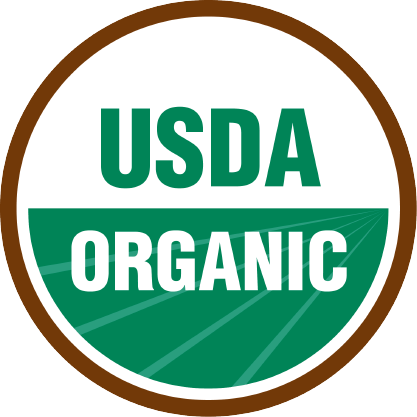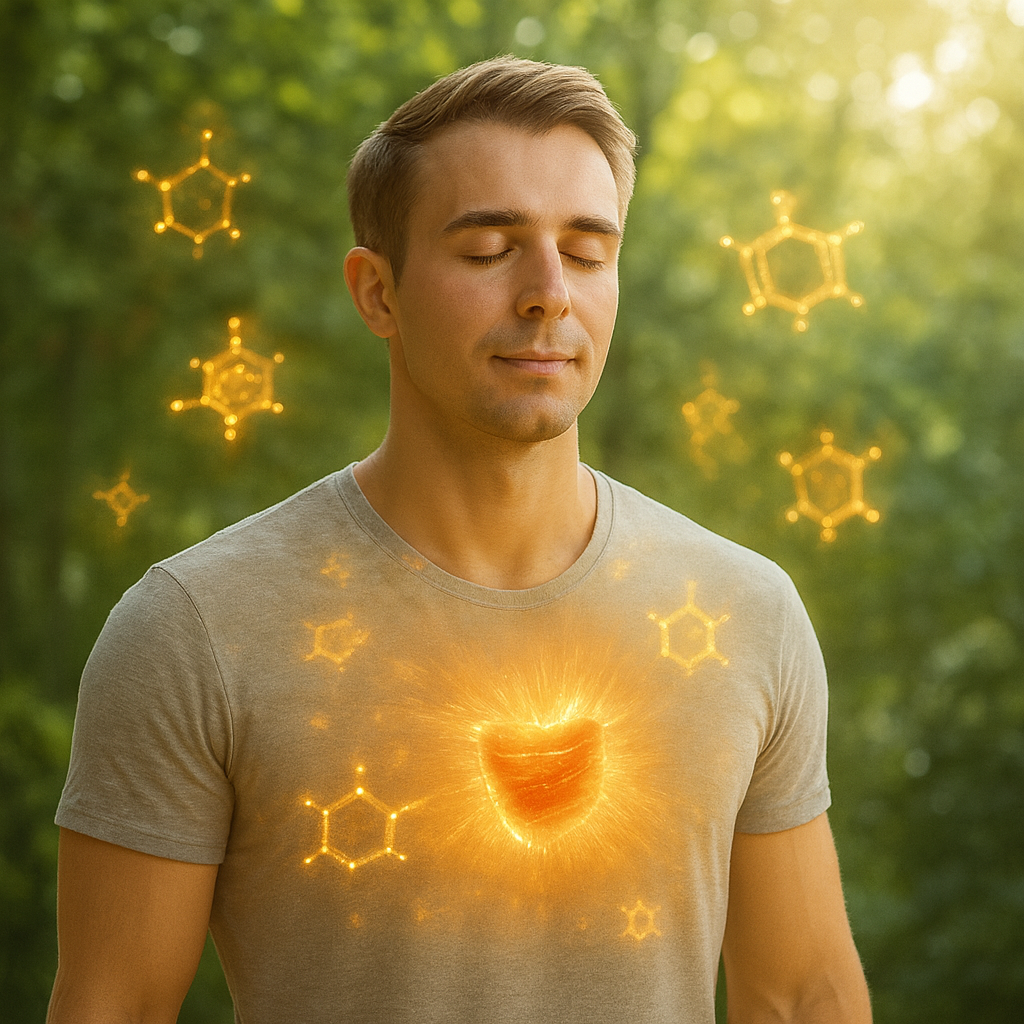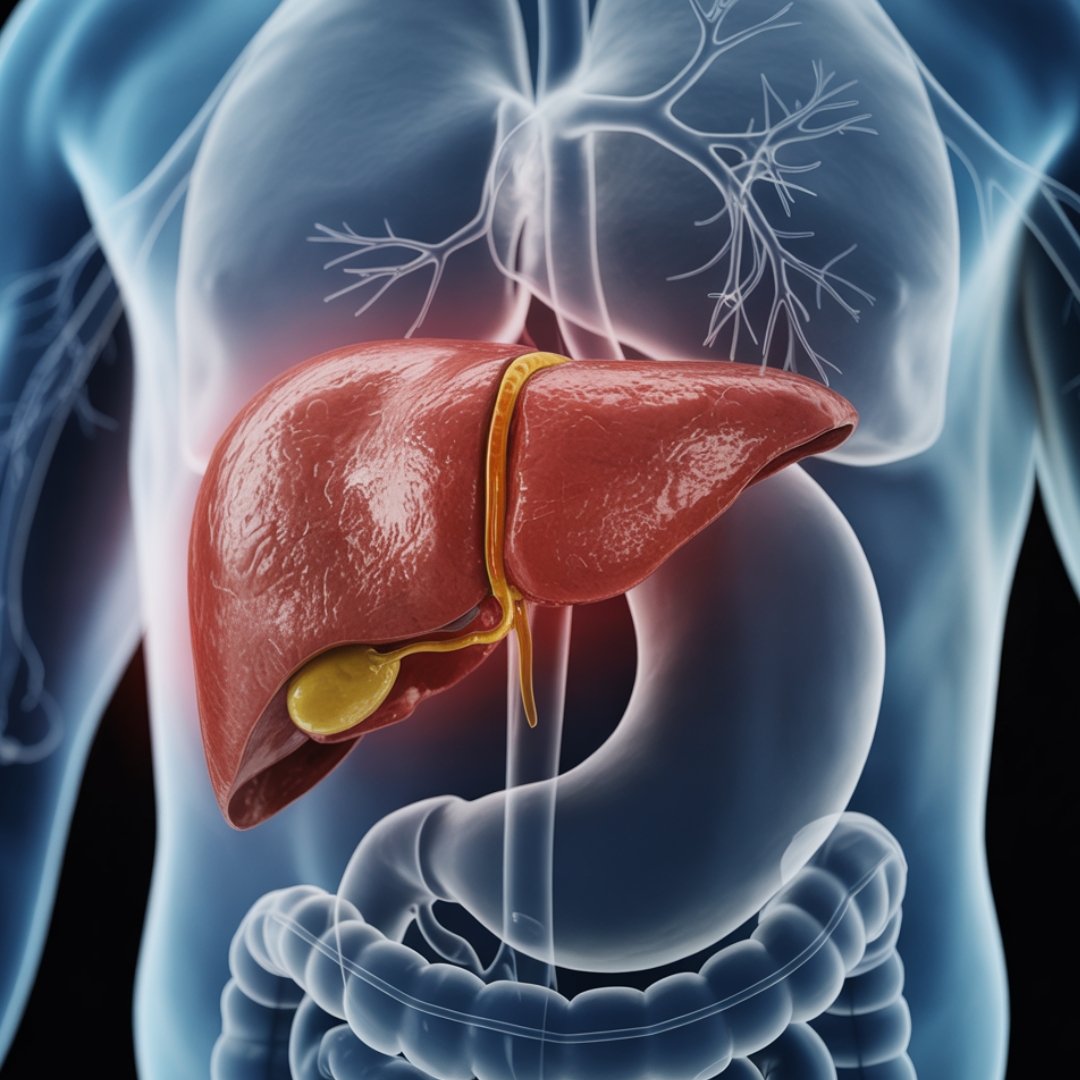.jpg)

.jpg)



| Quantity | Price | Save |
|---|---|---|
| XXXXX | XXXXX | 5.00% |
| XXXXX | XXXXX | 10.00% |
| XXXXX | XXXXX | 15.00% |
Want high volume of this product? Please place your Bid.
You can view and download product documents, access detailed product information, place orders, request samples, chat with our experts, and much more.